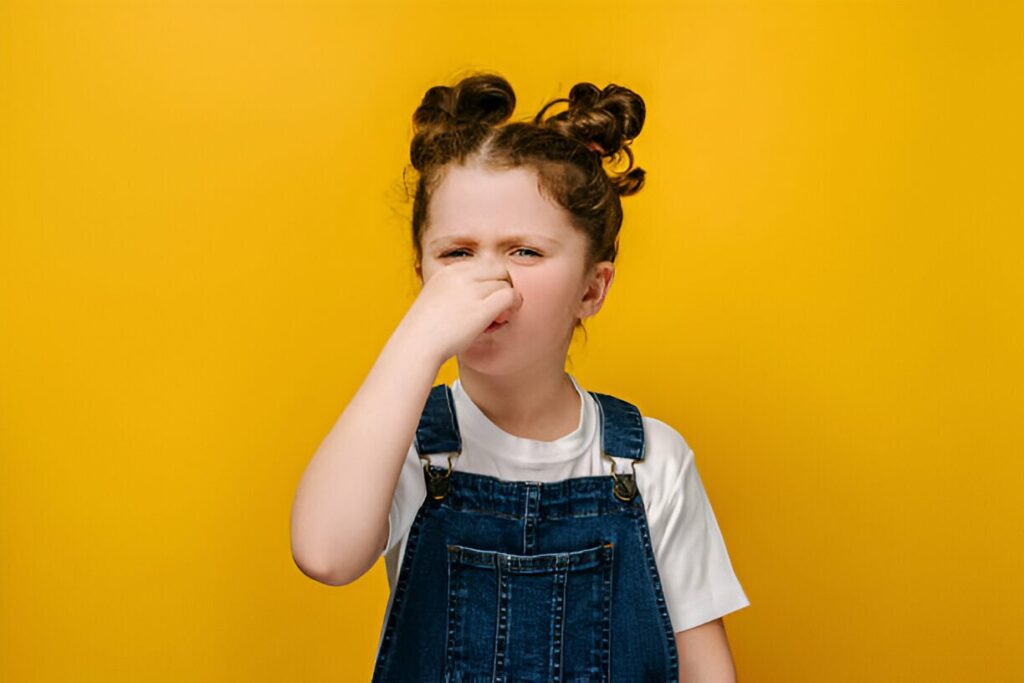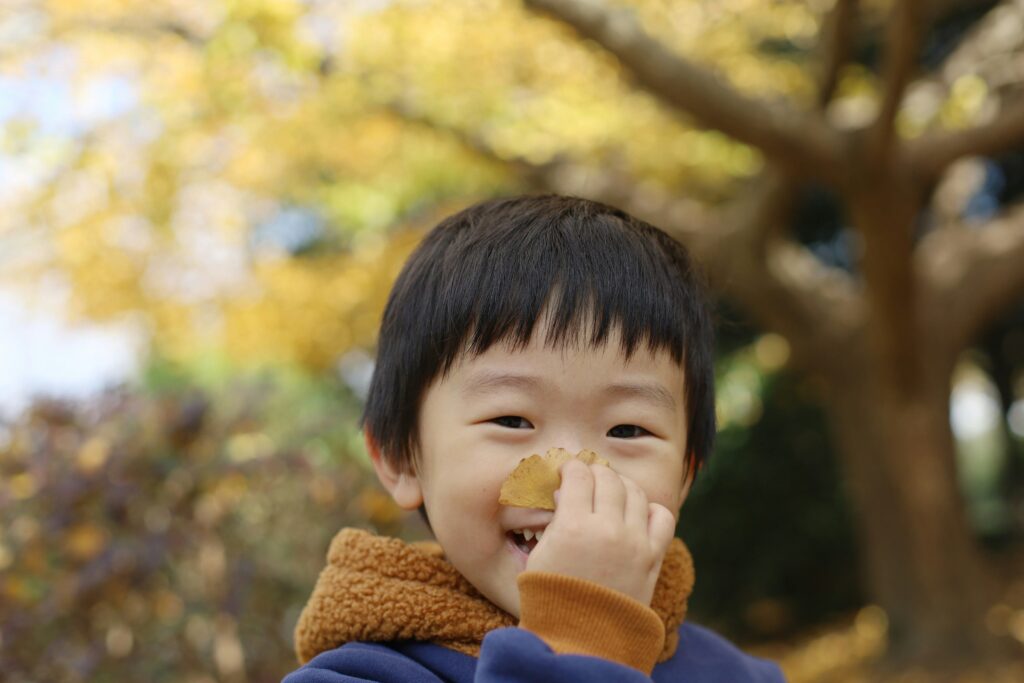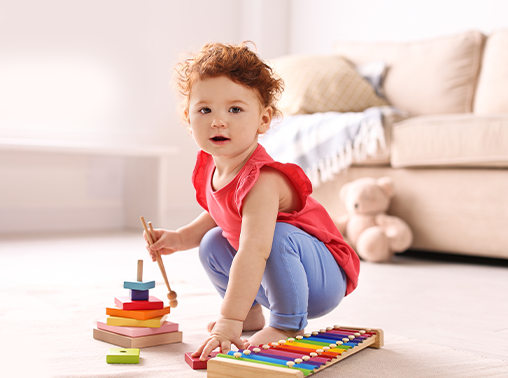Imagine walking into a room and immediately being overwhelmed by a smell no one else seems to notice– whether that be the smell of cleaning products, perfume, or maybe the smell of unpleasant foods. If your child has autism, then you probably can relate to this exact scenario.
For many children with autism, the world is experienced through a heightened sense of smell, or olfactory hypersensitivity. That lingering scent in the air that others barely register? For a child with autism and smell sensitivity, it can feel overpowering, and unbearable.
Are autistic people sensitive to smells? Yes! But the real question is why are autistic people sensitive to smells and what can you do as a parent to support your child with olfactory sensory issues? Keep reading to find out!
Why are Autistic People Sensitive to Smells?
So the question remains, why are autistic people sensitive to smells? Many children with autism experience heightened sense of smell, or olfactory sensory issues. This means they may react to scents that others completely overlook.
This olfactory hypersensitivity is part of a larger set of sensory processing differences that many autistic children experience. In simple terms, the brain is processing these smells differently, making them come off much stronger and more potent. Just as some may be sensitive to loud noises or certain textures, others may struggle with strong or unfamiliar scents–this is the core of autism and smell sensitivity.
Signs of Olfactory Sensory Issues

While the most obvious sign of olfactory hypersensitivity is your child verbally telling you that they are experiencing a heightened sense of smell. But if your child is nonverbal, or just too young to communicate, then keep an eye out for these signs of olfactory sensory issues:
- Covering their nose frequently
- Gagging or crying around certain smells
- Avoiding specific places or people
- Sudden meltdowns with no clear reason
- Sniffing objects obsessively
Tips for How to Support Your Child With Heightened Sense of Smell

If you are dealing with autism and smell sensitively at home, then you may be having trouble finding the best way to support your little one. You want them to feel comfortable, but olfactory hypersensitivity can be a daily challenge. Here are some tips on how to support your child with autism and smell sensitivity:
- Identify and avoid strong or triggering scents at home.
- Use unscented or hypoallergenic cleaning and personal care products.
- Let your child choose their own hygiene products with scents they tolerate.
- Provide a space that’s free from overwhelming smells.
- Teach coping skills like deep breathing or using scented comfort items.
- Let your child carry a familiar scented object they find calming.
Reach Out for Help
Are autistic people sensitive to smells? In most cases, yes. But autism and smell sensitivity do not have to be a daily struggle.
With the right support, strategies, and professional guidance, your child can learn to navigate the world with greater comfort and confidence. If you’re noticing signs of olfactory hypersensitivity or other olfactory sensory issues in your child, don’t wait!
At Growing Minds Behavioral Health, our experienced ABA therapists are here to help your child thrive in their own unique way. Contact us today to learn how we can support your family..




